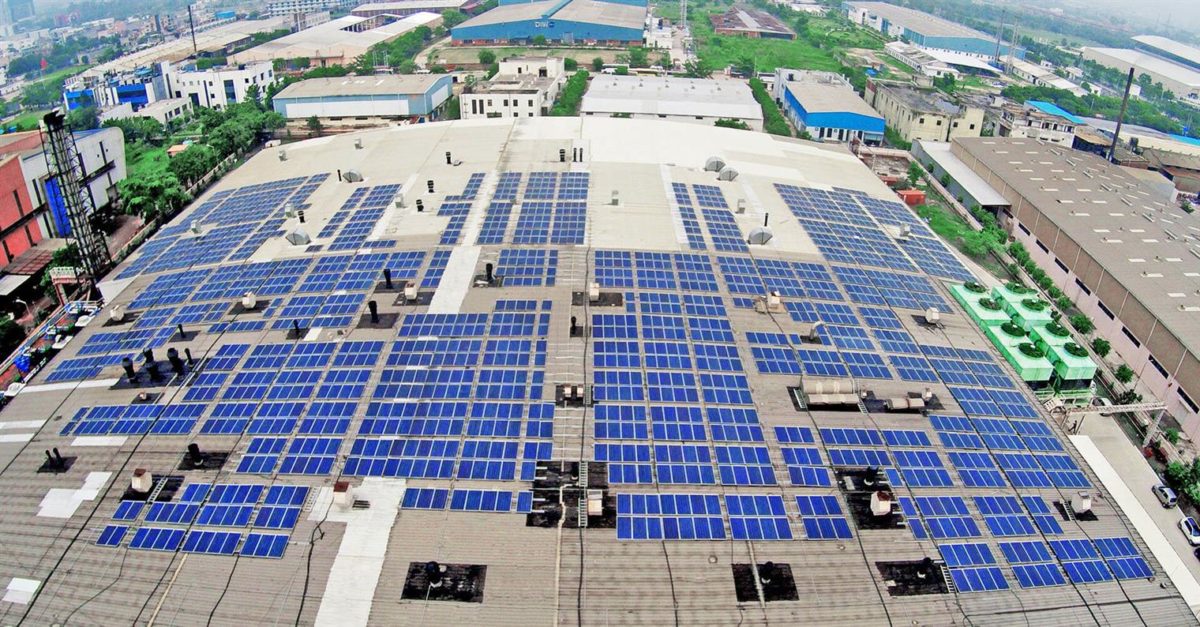The $250 million rooftop solar project, to be executed by Tata Cleantech Capital, will receive GCF support through NABARD. The agreement between GCF and NABARD was recently signed at an event held on the sidelines of the United Nations’ Climate Change Conference, COP24 in Katowice, Poland.
The project aims to enable access to long-term affordable financing for solar rooftop installation projects in the commercial, industrial and residential housing sectors in India, including in vulnerable communities.
Notably, India is the world’s fourth largest carbon emitter, responsible for 6% of global greenhouse gas emissions. The government has set an ambitious target of achieving 40% cumulative electricity generation from non-fossil fuel-based energy resources by 2030 and 40 GW of rooftop solar power by 2022.
The GCF supported programme will provide long-term and affordable financing for the construction of 250 MW of rooftop solar capacity in India and thereby reduce emissions by 5.2 million tonnes of CO2 equivalent over 20 years.
GCF is a financial mechanism under the United Nations Framework Convention on Climate Change (UNFCCC), which helps fund climate finance investment in low-emission, climate-resilient development.
NABARD is the National Implementing Entity (NIE) for GCF. It finances solar power projects and installations in various other programmes as well. Earlier, the Apex Development Bank held deliberations on financing climate resilient agriculture with global experts at the international climate change conference in a bid to showcase India’s commitment to fight climate change.
This content is protected by copyright and may not be reused. If you want to cooperate with us and would like to reuse some of our content, please contact: editors@pv-magazine.com.









By submitting this form you agree to pv magazine using your data for the purposes of publishing your comment.
Your personal data will only be disclosed or otherwise transmitted to third parties for the purposes of spam filtering or if this is necessary for technical maintenance of the website. Any other transfer to third parties will not take place unless this is justified on the basis of applicable data protection regulations or if pv magazine is legally obliged to do so.
You may revoke this consent at any time with effect for the future, in which case your personal data will be deleted immediately. Otherwise, your data will be deleted if pv magazine has processed your request or the purpose of data storage is fulfilled.
Further information on data privacy can be found in our Data Protection Policy.